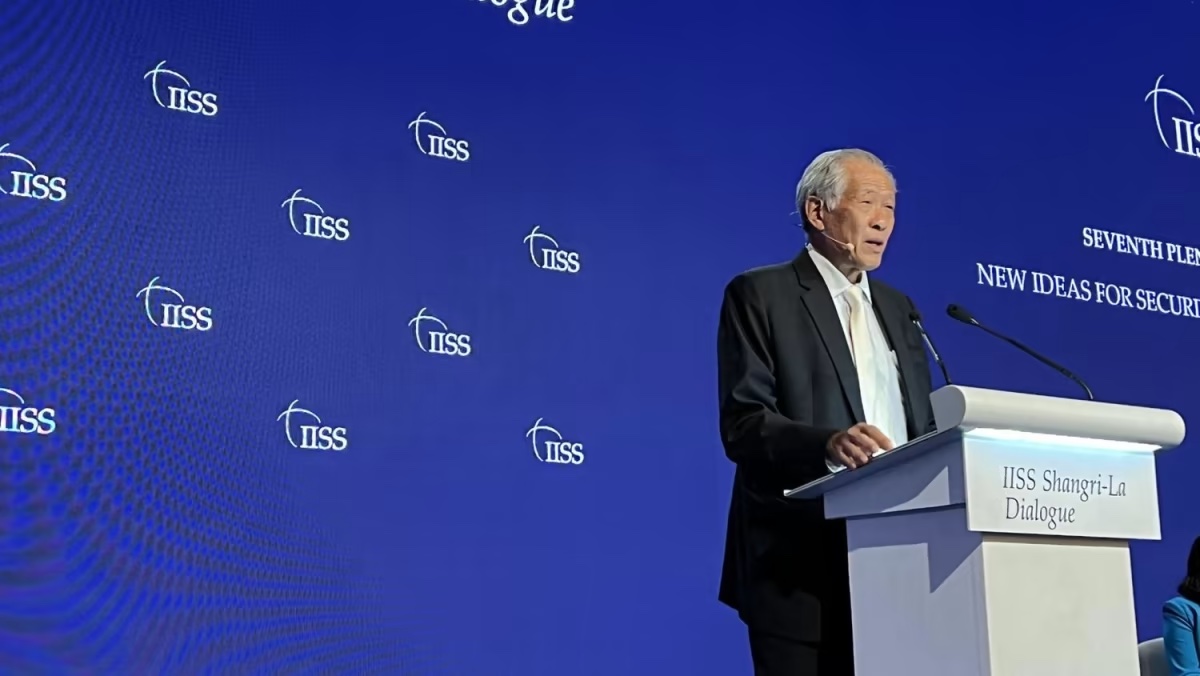We publish here an excerpt from a speech by Ng Eng Hen, Singapore's Minister of Defense, at the Shangri-La Dialogue 2023
Rising military spending, shifting military and trade alliances, and de facto nativist economic policies are strong winds of change. How do we weather the storms to come? For Asia and the wider Indo-Pacific region, the US-China relationship is central to stability. That is the core, but the penumbra of relationships of other countries outside this core is also important for stability. No country, I think, wants war, but our working assumptions and scenarios must be that unplanned incidents can occur. Channels of communication, both formal and informal, must exist so that when these unplanned incidents occur, those channels can be used to deescalate and avoid conflict. Despite the Cold War, the strategic arms limitation and anti-ballistic missile treaties were signed between Brezhnev and Nixon in 1972. The salient point is that such channels of communications must be built over time. It will be too late to start or activate them only in moments of crisis. Seasoned diplomats compare unfavourably the lines of communication between the US and Soviet Union in the Cold War with what exists today between the US and China, now at its ebb. It is not our place and certainly not my intention to comment on the diplomatic efforts of other countries, but I state these observations on declining touch points between the American and Chinese military establishments knowing full well that Singapore and other ASEAN states are not disinterested bystanders. Both the US and China have said that they do not want ASEAN countries to take sides, but ASEAN member states, with a vivid recollection of great power rivalry in our past and the devastating consequences, are acutely concerned that worsening relationships between these two powers, US and China, will inevitably force difficult choices upon our individual states. For ASEAN, both through bilateral ties and individual member states, and collectively with the US and China through the ADMM-Plus, we have sought inclusivity and engagement as key platforms for pre-emption and confidence building. Within the ADMM framework, we continue to pursue multilateral exercises that involve all our eight-plus partners. These interactions strengthen practical cooperation like the Code for Unplanned Encounters at Sea (CUES) to reduce the risk of accidents and miscalculations. At the heart of our engagements, as fully exemplified in the Shangri-La Dialogue, is the desire to seek peace even as we security chiefs strengthen our militaries to protect our individual nations. At times, the progress seems painfully slow, but we owe it to our citizens and the next generation to persist and forge breakthroughs.






